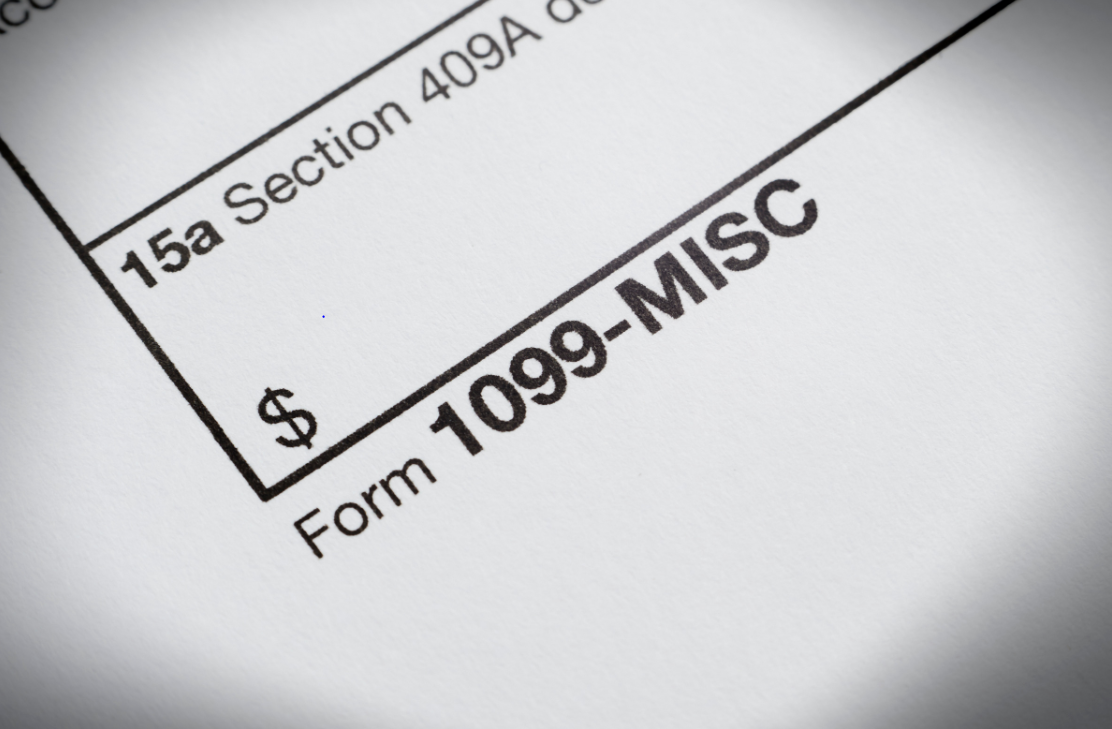The IRS requires that anyone participating in a clinical trial who receives more than $600 per year from a clinical research site must receive a 1099 form. But it can be a little more complicated than that.
Consider the following:
Stipends vs. Reimbursements: If a patient is receiving stipends totaling $600 in a calendar year for their time, that money must be reported as income, but if the patient is only being reimbursed for travel, that doesn’t count toward that $600 total.
Payments on multiple studies: Consider whether an individual is compensated on multiple studies that are under $600 individually, but together add up to the IRS’ $600 threshold. Given that Personal Identifiable Information (PII) should be blinded whenever possible, how can a research site prove to the IRS that they are tracking payments between studies and issuing 1099s when appropriate?
Payments using multiple mediums: If a research site compensates patients with a combination of cash, check, and gift cards tracking will be extremely manual. Often, the manual burden of reconciling multiple means of payment will tempt research sites to ignore the problem until the IRS is at their door.
Compiling the information required to issue 1099s based on data collected manually throughout the year is time-consuming and can lead to errors in filings.
Traditionally, to generate a 1099, research sites spend a great deal of time and resources reviewing the studies with multiple visits and then combing through logs of patient records in those studies to see who hit the $600 threshold. This information is then brought to the Accounts Payable department, who generates a 1099 report for the participant.
Tracking the amount of money that each study participant has received with spreadsheets or even handwritten logs is cumbersome. To then use this data to generate reports can lead to many costly errors and unnecessary work. This is particularly true when the participant has been receiving cash, checks or gift cards – not automated payments through a comprehensive solution like ClinCard.
With a fully automated solution that provides instant access to a comprehensive record of all payments distributed, separated as taxable and non-taxable income, research sites can generate the data needed for a 1099 report in just three clicks. It is this reason alone that many research sites—especially larger hospitals and universities—are automating their patient reimbursement processes.
Note: Greenphire is not a tax advisor and any questions regarding 1099 reporting should be directed to a professional advisor.


